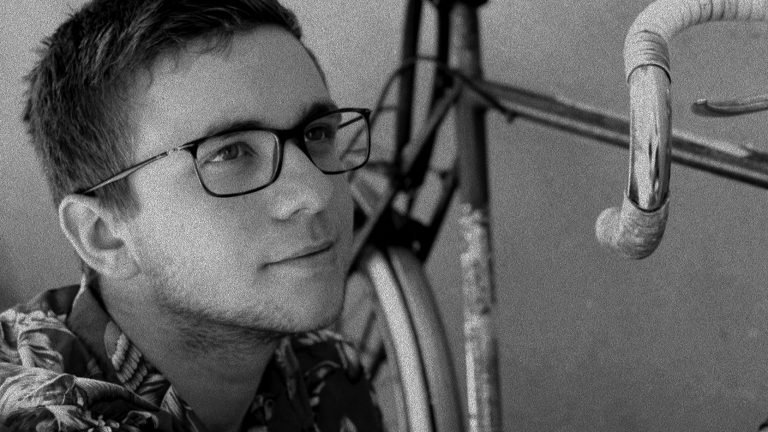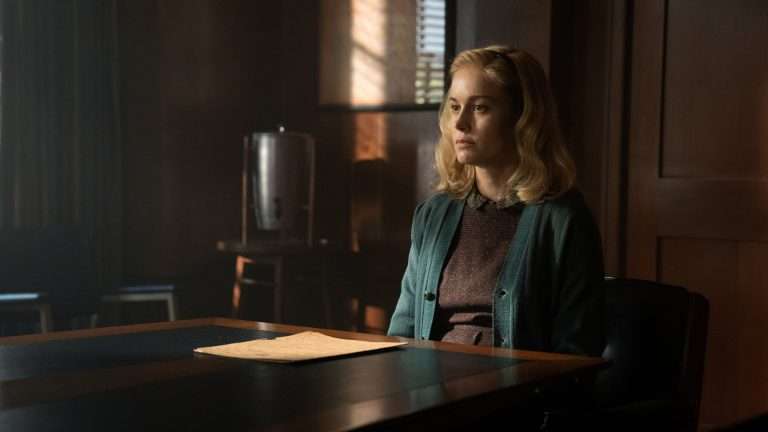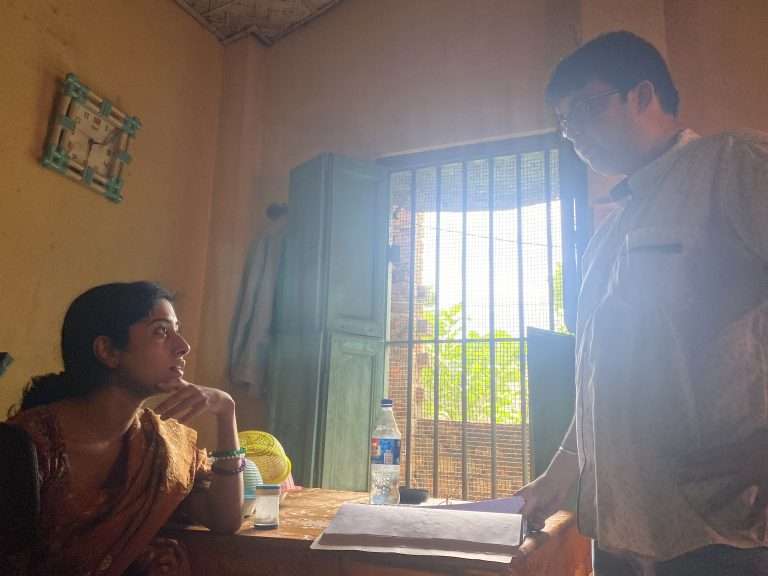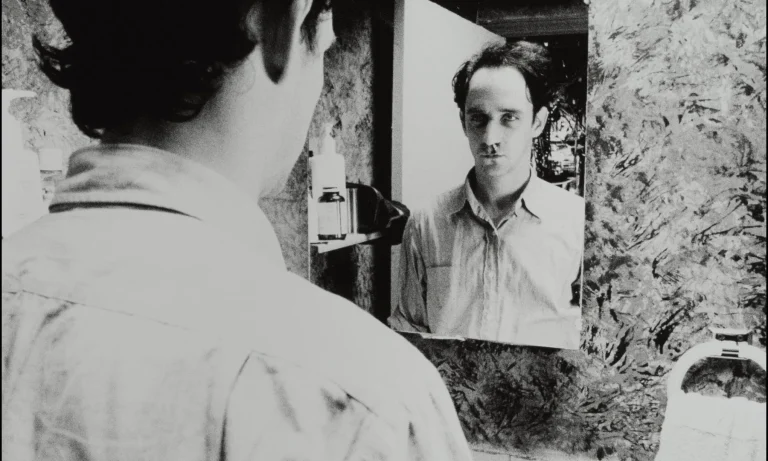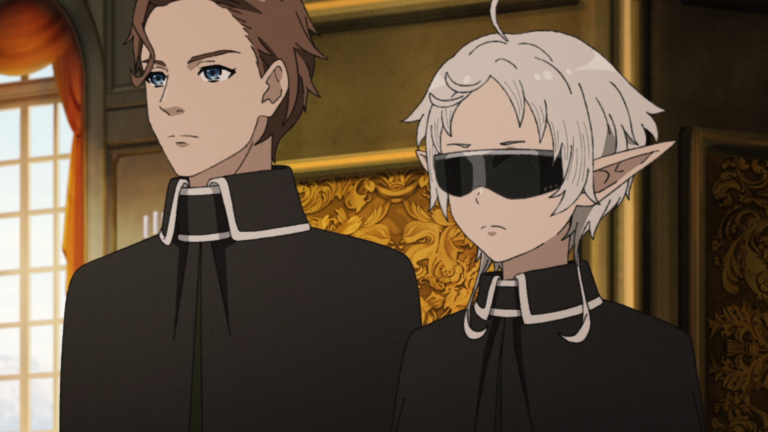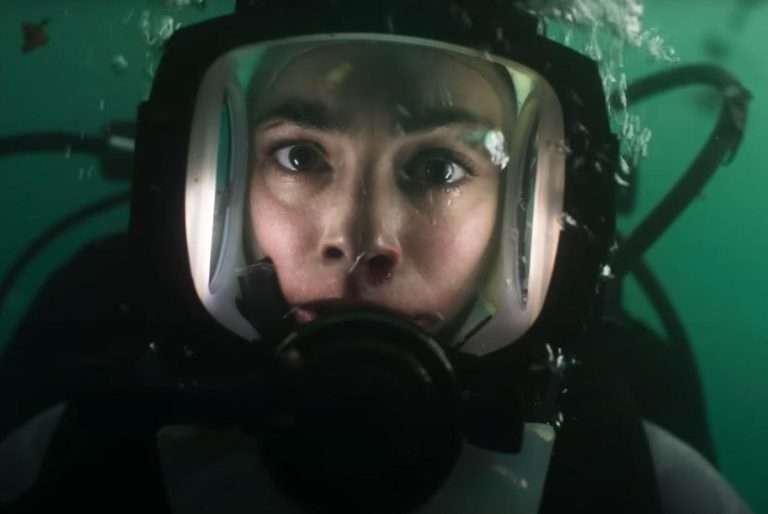Bholaa (2023) Movie Review: It’s convenient looking at just an original film as a reference while approaching its remake. The problem arises when the similarities and deviations become glaringly evident, with the remakes being churned out before even thoughtfully studying their cultural impact on the diaspora. There’s no denying that Bollywood has hit a bankruptcy of original ideas and imagination – an issue that’s gotten even more desperately evident post-pandemic.
The mainstream Hindi films now solely rely on either hyper-nationalistic films that wink into the ideologies of the current establishment or chase after remaking films from the Southern states. “Bholaa,” the latest Ajay Devgn starrer and directorial, attempts to approach both with its protracted trident, while its third prong actively tries to inject some sense of awe through its head-splitting background score.
The story unravels over the course of a night, where IPS Diana (Tabu) intercepts a massive drug deal brewing behind the cityscape. The mastermind seems to be an eccentric gangster named Ashu (Deepak Dobriyal), who hatches a plan to win back crores worth of stash. Equipped with undercover agents and neck-deep connections, he is able to tip off ministers and, thus, sets out to recover the contraband from an old and isolated police station. Simultaneously, Ashu poisons a party full of high-ranking cops elsewhere, where Diana is able to escape.
Upon leaving, however, she gets herself into an encounter with the criminals and, therefore, now needs help to get her passed-out colleagues to a hospital while simultaneously protecting the distant police station where she has hidden the seized contraband. For this, in a desperate moment, she turns to a recently released convict: sibylline Bholaa (Ajay Devgn), who is a convict released fresh from prison. But Bholaa’s little girl awaits the man’s return the next morning, one whom she’s never even seen. Despite his personal obligations, he agrees to transfer the truck loaded with the sedated policemen.
The rise of the subgenre of contained nocturnal thrillers since the mid-2000s has given us some of the most memorable films of the past couple of decades. From David Fincher’s extraordinary “Zodiac” and 2014’s “Nightcrawler,” to the more action-oriented films such as the British thriller “Free Fire,” there’s been plenty of movies that have made their world feel lived in and simultaneously urgent over the course of their crisp runtimes.
But it was Lokesh Kanagaraj’s 2019 Tamil hit, “Kaithi,” that harmoniously married Western tropes with masala sensibilities; the film had a vivid sense of film grammar that echoed the eloquence of mid-budget global cinema but also was rooted in the social fabric of India. The Hindi dubbed version of the film particularly got more popular with the audience in the Hindi-speaking belt with the release of last year’s “Vikram.” Devgn’s remake clocks in at about the same runtime as Kanagaraj’s original. Yet, it’s baffling to understand how it so sloppily waters down the scale and grammar of a film that had marvelously renovated the language of the old-school spectacles.
Kanagaraj’s film was as much about the guns-blazing action as it was about its protagonist (Dilli, played by Karthi) going through an emotional dilemma of his own. Driving the truck through tapered roads echoed his very own internal journey as the high-octane physical obstacles outside did. “Bholaa” approaches the character by telling us how he’s already an indestructible hero, rendering his vulnerability into something as obtuse as the drone shots of the truck. And the bikes. I couldn’t tell, honestly, and that’s what brings me to the biggest reservation I have with the film.
While “Kaithi” did have some of the most well-staged action sequences that elevated it into an aesthetically shot ‘mass’ movie, the same charm of grandiose ideas always found a more rooted cultural echo. For instance, in one of the initial conversations in that film, there was an implication of the sociopolitical landscape of the country that has changed ever since Dilli went to jail. Similarly, there were enough wide establishing shots that let the viewers soak in the images – enough to get an understanding of the dynamics of the world.
The problem of Hindi remakes gravely diluting the intricate politics of such remakes for fear of angering the imposing establishment of today isn’t new. And while “Bholaa” fortunately never goes overboard with the religious symbolism evident in its name, it also doesn’t remotely commit to the world of the story. To make up for it, the filmmaking resorts to a soundtrack that feels relentlessly overloud, numbing down not just the eardrums of the audience but even drawing scenes of subdued restraint into muffling submission.
There are, however, hints of the film trying to make an initiative of rooting its side characters into a semblance of emotionality. There’s a universe of tragedy that reflects off the tuckered mannerisms of a constable (Sanjay Mishra) in charge of the police station. You already know the way he feels for the group of detained college students that accompany him in maintaining the guard. Ditto for the warden of the orphanage where Jyoti stays awaiting Bholaa. It’s the same kind of vulnerability that I would’ve preferred to see echoes of in the protagonist himself. What we do get, however, is him riding a sports bike as we watch the film morph into a CGI fest of slick-action chase thriller.
The biggest problem of “Bholaa” is the problem that even Devgn’s previous two directorial features had – that of hero worshiping. But this time around, it gets combusted with the same issue most Bollywood remakes have been vouching for. Both “Shivaay” and “Runway 34” had a fair share of problematic thematic issues. But those films at least attempted to set up the scale for their stories that made them watchable hijinks. The film’s purpose remains wide and clear to compound the myth-making stardom that overtakes logic. It’s a desperate call to remake not just a film but a universe that so happens to be based upon one of the most exciting ventures seen in Tamil action cinema.
There’s a scene around the midpoint in “Bholaa” where the local students trapped at the police station play out loud Bhojpuri music on their Bluetooth speakers to mute the communication between the criminals. By the time the scene comes, though, one already feels too numbed out to think deeply about its unclear subtext; all it comes across as is a cacophonous sound of the film’s attempt of trying to assert an identity of its own. However, it appears that the audience is already beginning to feel like the sedated police officers in the back of Bholaa’s vehicle, at the mercy of feckless filmmaking. The only real difference is that they might already be getting to know the asinine nature of the drink we’ve been consuming. Well, I could only hope.

